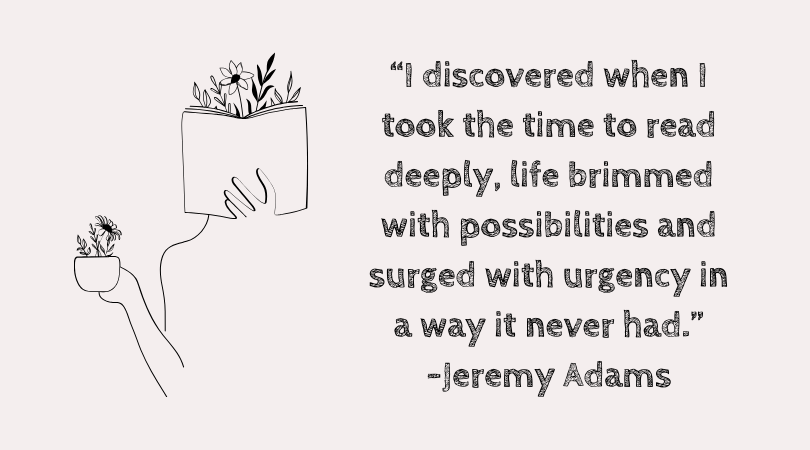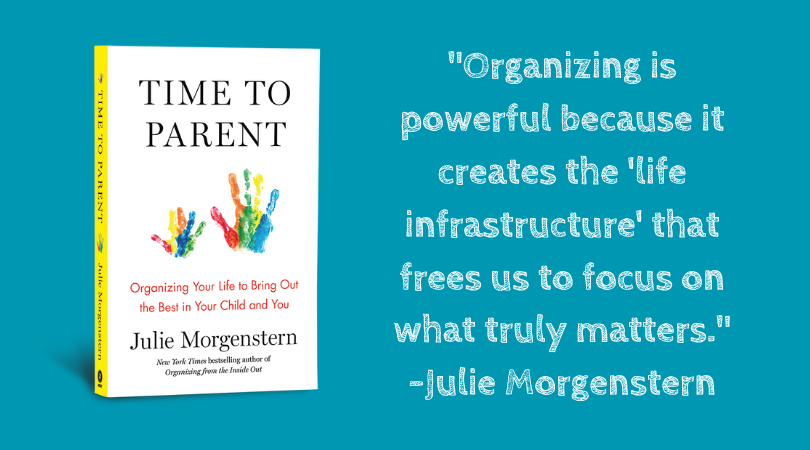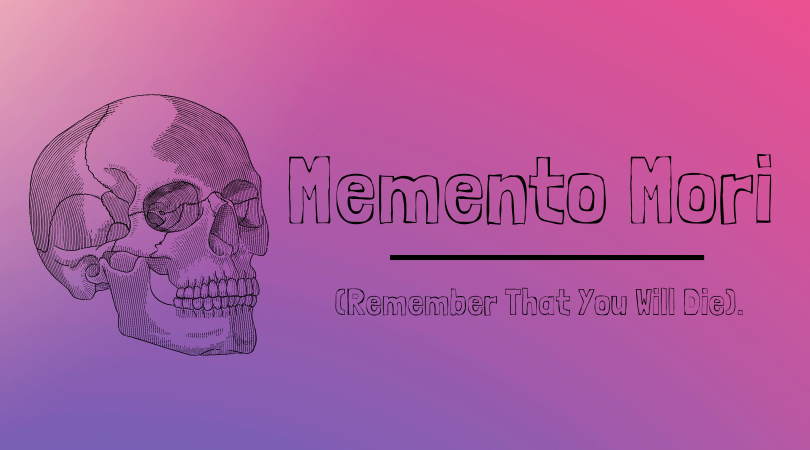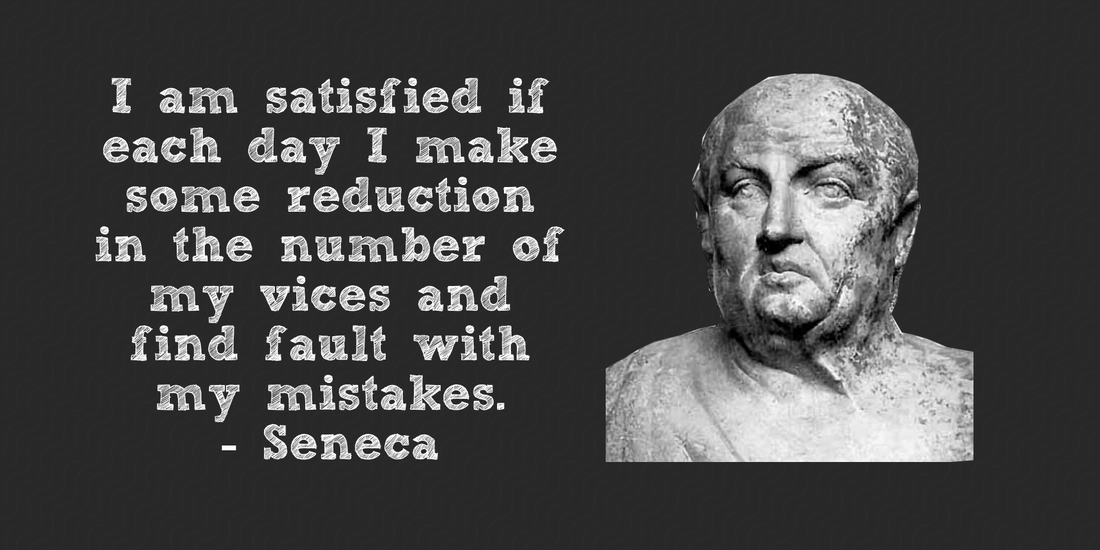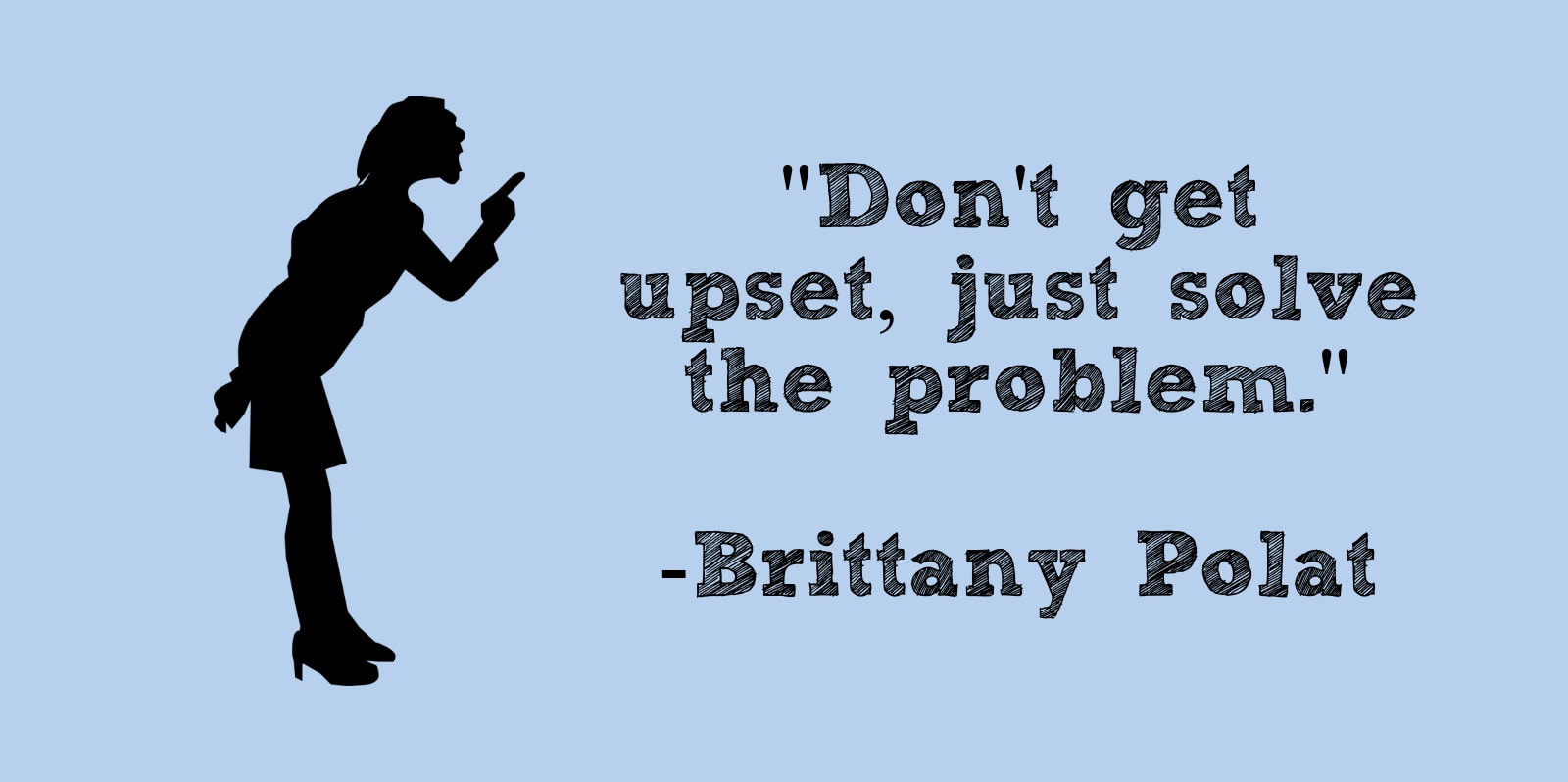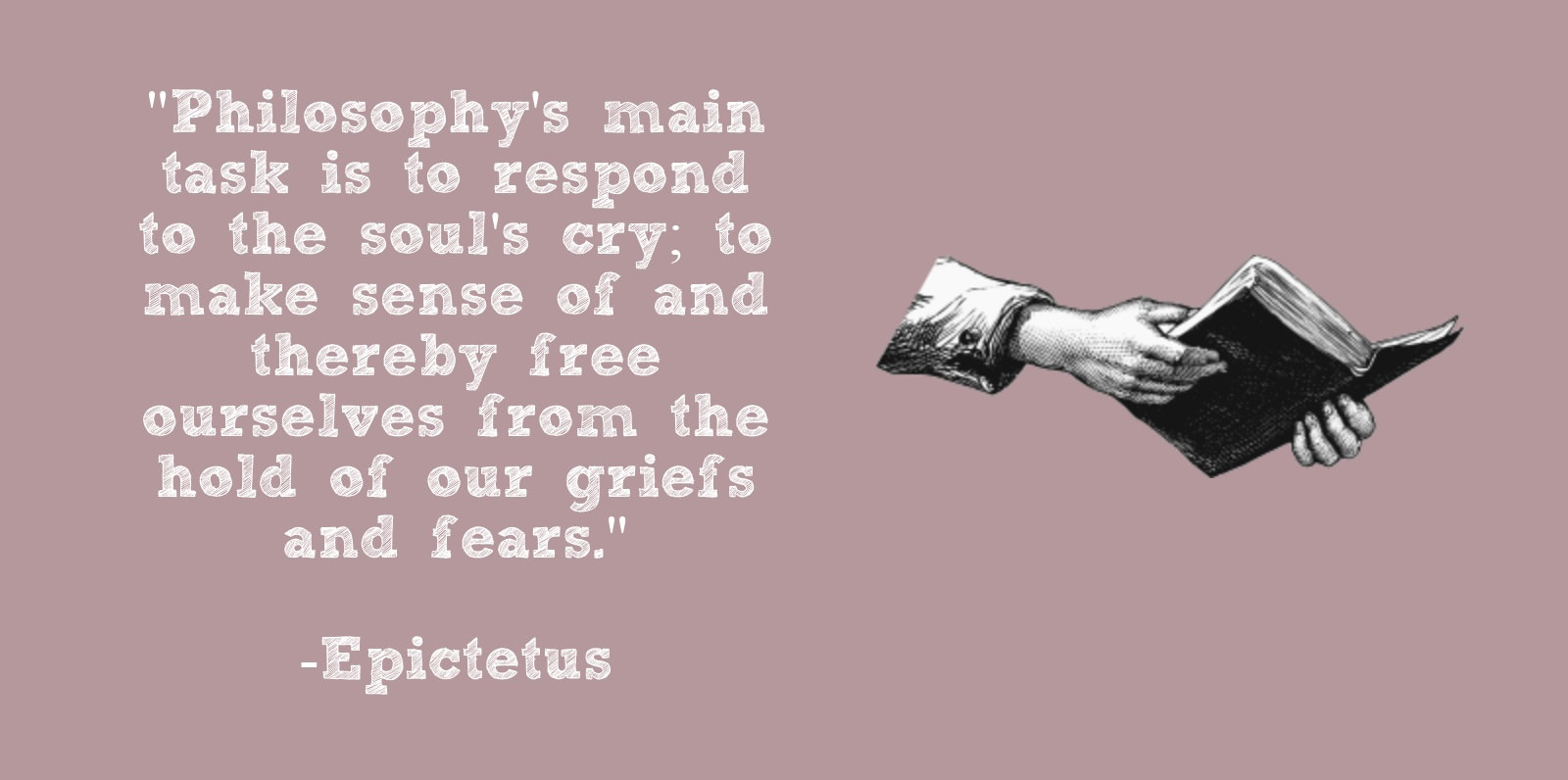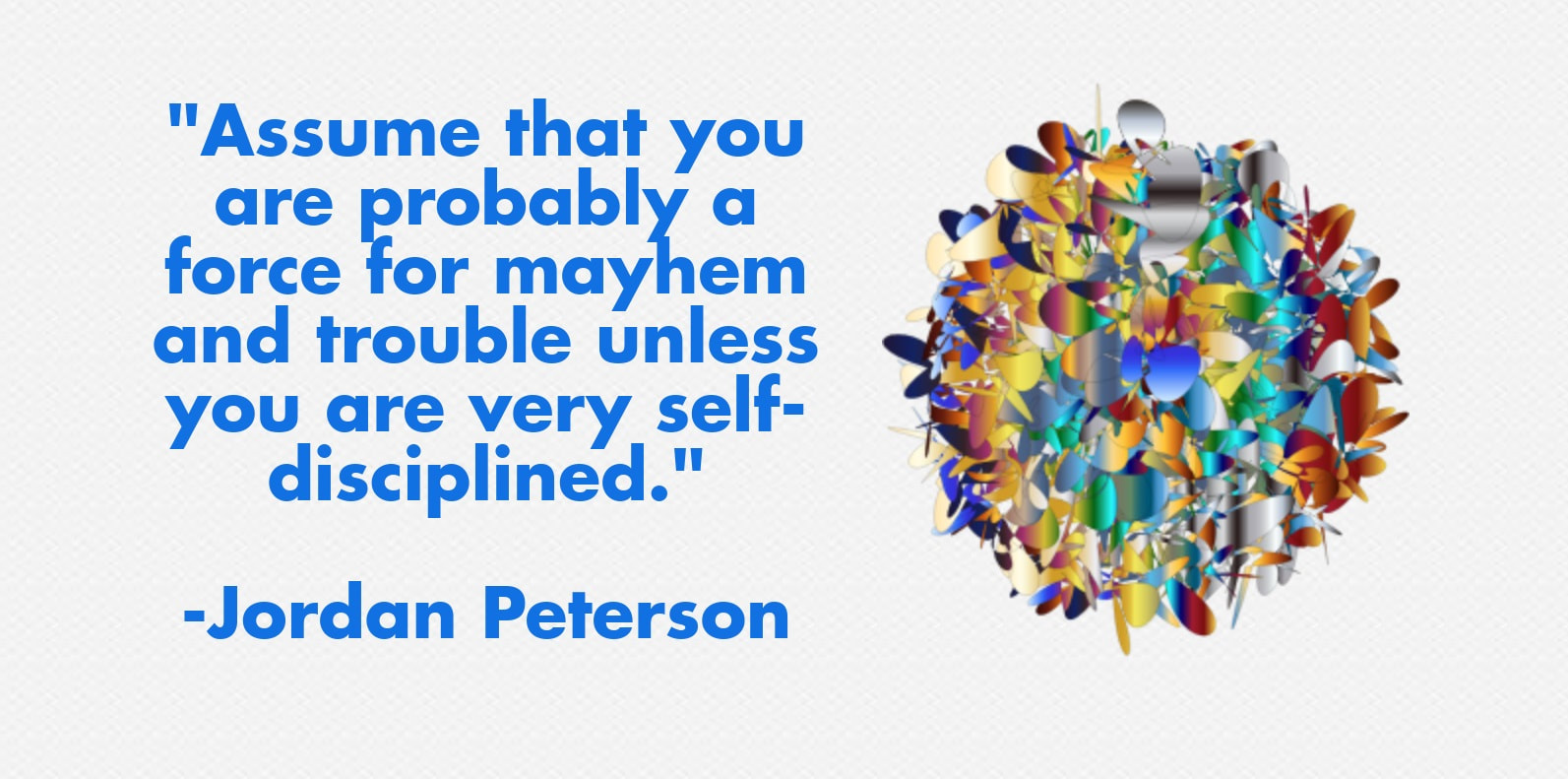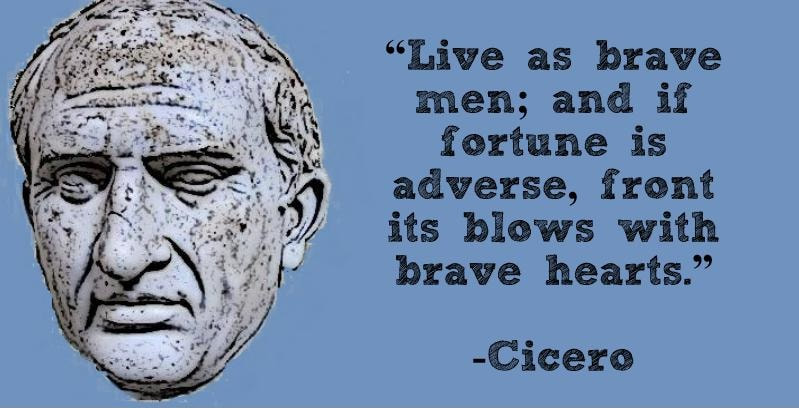This is a unfortunate, since reading has so many scientifically-backed benefits: it increases intelligence, improves memory (especially in later life), makes it easier to relate to others, reduces stress, helps us to sleep better, and more.
So why aren't people reading as much as they once did? And what can be done to reverse this trend? In this post, I take a stab at answering both those questions. Here are 5 reasons why people aren't reading, and 5 good solutions to this problem:

